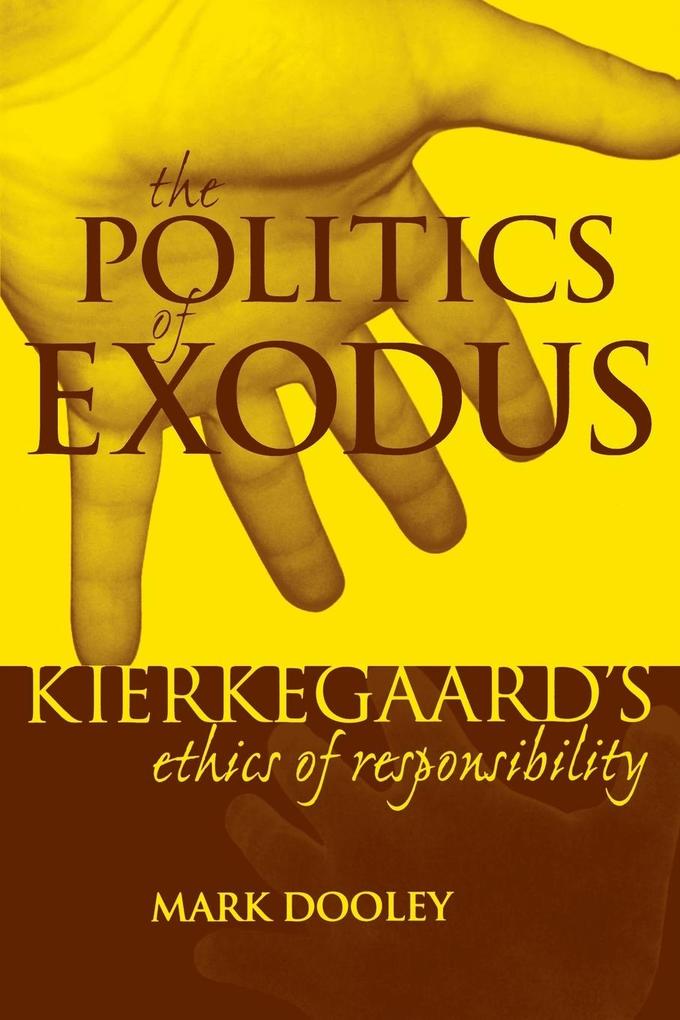
Zustellung: Mi, 23.07. - Sa, 26.07.
Versand in 5 Tagen
VersandkostenfreiIn The Politics of Exodus, Mark Dooley offers a lively interpretation of Kierkegaard as a precursor of the ethical and political insights of Jacques Derrida. While many connections have been forged in recent years between these two quintessential 'Continental' figures, Dooley's book argues that these affiliations run much deeper than any previous commentators have suggested. Indeed, his most controversial claim is that Kierkegaard is anything but a proponent of asocial individualism, but is one whose writings bear witness to the notion of an "open quasi-community" which has driven much of Derrida's work over the past decade. In vigorously challenging conventional wisdom surrounding the place of Kierkegaard in contemporary thought and political theory, Dooley shows how powerfully postmodern and politically charged the latter's specifically 'religious' ideas are. As such, Kierkegaard ought to be read as someone who anticipated Derrida's claim that genuine responsibility in the political sphere depends upon a prophetic call for justice on behalf of the least among us. The Politics of Exodus will appeal to anyone interested in the intersection of religion and postmodernism, as well as to those with interests in ethics and politics from a Continental perspective. It will undoubtedly change the way we read Kierkegaard in the new millennium.
Produktdetails
Erscheinungsdatum
10. November 2017
Sprache
englisch
Seitenanzahl
312
Autor/Autorin
Mark Dooley
Verlag/Hersteller
Produktart
kartoniert
Gewicht
455 g
Größe (L/B/H)
229/152/17 mm
ISBN
9780823221257
Entdecken Sie mehr
Pressestimmen
"Looking at Kierkegaard 'through a Derridean lens,' this wonderful addition to the growing literature on Kierkegaardian ethics argues that Kierkegaard's concerns about the relation between subjectivity and community presage and inform the challenge to closure, totalization, and marginalization that motivates contemporary deconstructive (and liberation) movements. Dooley convincingly shows that Kierkegaard's attention to irony, temporality, risk, and 'repetition' (as re-creating), support the 'political' demand that each generation put in questions 'its most hallowed truths and values.' The ethical dimension of this demand is reinforced by Kierkegaard's insistence on imitation of the suffering and giving Christ-figure. In addition to this provocative analysis of Kierkegaard's writings, this study also provides a much more nuanced view of Derrida's thought than his critics usually allow, and thus offers what is without doubt the best case that can be made for the ethical impulse within Derrida's work." - M. Jamie Ferreira, Professor of Philosophy, University of Virginia and author of Love's Grateful Striving: A Commentary on Kierkegaard's Works of Love
Bewertungen
0 Bewertungen
Es wurden noch keine Bewertungen abgegeben. Schreiben Sie die erste Bewertung zu "The Politics of Exodus" und helfen Sie damit anderen bei der Kaufentscheidung.








